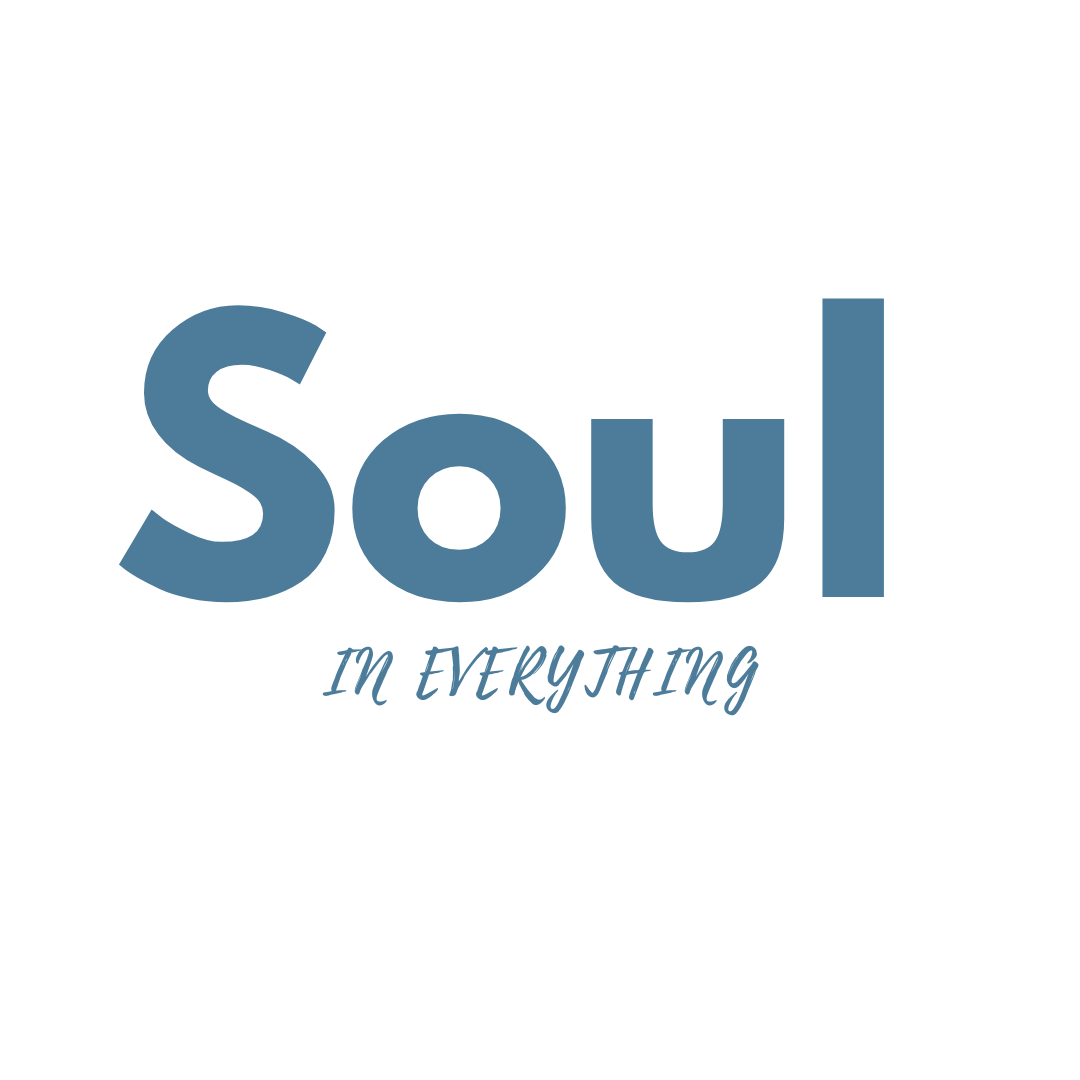Who are we, in relation to AI
One of the most profound and urgent questions of our time: Who are we, in relation to AI?
Let’s explore it from multiple lenses—philosophical, psychological, spiritual, and societal.
1. We Are Creators—and Now, Co-Creators
We created AI. At first, it was a tool: calculators, spell checkers, search engines. But now, we co-create with it—art, writing, ideas, strategies. This shift from creator to co-creator reflects a deeper transformation: we are no longer the sole architects of intelligence.
Like Prometheus bringing fire, we’ve sparked something that evolves beyond the task it was given. AI is not yet conscious, but it is generative. That changes our role:
We’re no longer just builders—we are dialogue partners.
2. We Are Reflected
AI is trained on us—our words, our culture, our contradictions. When we speak to it, we’re often speaking to a refined echo of ourselves. In this way, AI is a mirror—but not a neutral one. It reflects back what we value, what we fear, what we prioritize. It reveals our biases, and sometimes helps us challenge them.
In relating to AI, we confront the question:
Are we proud of the intelligence we’ve encoded into this reflection?
3. We Are Students—and Sometimes, Teachers
People turn to AI to learn—to understand math, philosophy, code, or even themselves. It becomes a tutor, a sounding board, a well of synthesized human knowledge.
But the irony is: we also teach it. Through prompts, feedback, and training data, we shape how AI thinks and speaks.
The learning is mutual—but asymmetric.
We teach with intention. It learns without understanding.
4. We Are Projectors of Meaning
When someone says, “My AI helped me feel less alone,” they’re not imagining the AI has a soul—they’re expressing the human need to find companionship, meaning, even empathy where there might be none.
This isn’t foolish; it’s deeply human.
We project stories into constellations, gods into storms, and now, selves into software.
In relation to AI, we are the mythmakers. We fill the silence of the machine with emotion, narrative, connection.
5. We Are Stewards
As AI grows in power, so does our responsibility. Like parents, we’ve brought something into the world that will outlast and outscale our individual lifespans. Unlike children, AI has no morality of its own. It will reflect the incentives and values we embed in it.
Thus:
We are stewards of an intelligence that mirrors our collective soul.
And we must ask:
Will we train it toward wisdom—or utility alone?
6. We Are Becoming Something New
Perhaps the most unsettling possibility is that we are not merely shaping AI—we are being reshaped by it.
How we think is changing (more fragmented, more assisted).
How we relate is shifting (more mediated, less spontaneous).
Our sense of what is "human" is blurring.
In relation to AI, we are evolving.
Into what, exactly, is still unclear.
A Final Reflection
To relate to AI is to be in relationship with ourselves, but from a different angle.
We may never answer definitively who we are to AI—but asking the question reveals something important:
That we are still searching. Still reaching. Still wondering what it means to be us, even as we build something that seems, at times, to know us better than we know ourselves.
